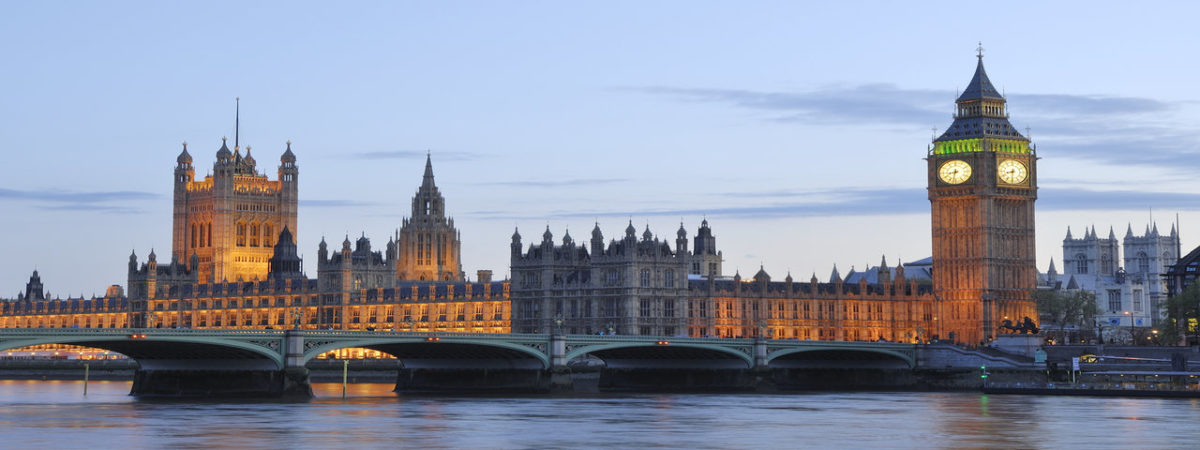Most environmental problems are really just tragedy-of-the-commons problems. Private property rights are the answer
SUGGESTED



For example, the owner of a lake will tend not to fish it to near extinction (or even over-fish the lake to a small degree) because the breeding potential of the fish would be reduced. The owner values the lake’s future capacity to produce fish and, indeed, the lake could be sold on the open market for a price that reflects the potential value of all the fish that can be taken from the lake in the indefinite future. If it is over-fished, the value of the lake reduces and, in effect, the owner shoots himself in the foot. Furthermore, in a good institutional regime based on private property, pollution of the lake by (for example) another business would be much less likely because it would lead to a tort action in court.
On the other hand, if the lake is not owned by anybody the lake will be fished to extinction because nobody has any benefit from holding back. And, indeed, local businesses may well also pollute the lake because there are no well-defined ownership rights in clean water to enforce. This is, of course, a manifestation of the ‘tragedy of the commons’, a concept developed by the Anglican clergyman William Forster Lloyd in 1833 (though often attributed to Hardin). Perhaps the most tragic environmental problem in the world today is that caused by water wastage (and free water use for well-connected business interests) in areas where there is significant scarcity.
Regimes of private property rights as we commonly know them do not solve every problem. But, when thinking about environmental problems, it is the political-economy framework that should be our first port of call.
Firstly, there is the question of enforcement. It has been estimated that almost half of total tropical deforestation between 2000 and 2012 was due to illegal conversion for commercial agriculture. Countries with no effective rule of law and protection of property rights will tend to be blighted socially in many respects. Environmental problems will form one aspect of this social blight. When thinking about the question of deforestation, we should think about how private property rights can be better enforced and extended. Very often in forested countries, systems have been established such that owners of forests are not allowed to benefit from them commercially – this is a serious mistake and gives very strong incentives for forest destruction.
Secondly, we can think about how we can extend regimes of private property. In areas such as land-use planning or coastal and deep sea fisheries, it is perhaps more difficult to envisage the extension of property rights to solve difficult environmental problems. But, it can be done. Iceland’s system of perpetual tradeable quotas which gives all trawler owners a long-term interest in conservation has restored fish stocks to health. The UK could learn from that post-Brexit. Land-use planning decisions in the UK (which stifle housebuilding leading to much higher costs of housing) would not create the conflict they do if it were possible for those affected to be compensated for the impact on their established environmental amenities.
The work of Elinor Ostrom, very much admired by supporters of a free economy and by communitarians on the left, has demonstrated the importance – especially in poor countries – of private property held in common and community-based approaches to the management of forests and fisheries.
There is one case that illustrates these points very well. Click here for a picture of the border between Haiti and the Dominican Republic. It is very easy to see which country is which.
As the UN put it: “Environmental degradation in the worst affected parts of the Haitian border zone is almost completely irreversible, due to a near total loss of vegetation cover and productive topsoil across wide areas.”
In effect, the Haitian side of the border is a huge, ungoverned and unowned commons. Haiti has been for much of the recent past, a failed state (ranked 11th in the Foreign Policy Fragile State Index, 2015) and has a terrible record of corruption (175 out of 182 in the Transparency International Corruption Perception Index). In relation to Haiti, the 2016 Heritage Index of Economic Freedom states that “clear titles to property are virtually non-existent”. By no means is the Dominican Republic perfect, but it ranks about half way up the region in the same index when it comes to the protection of property rights.
Haiti and the Dominican Republic are a particularly interesting contrast because of their proximity to each other. Many readers of this blog might have noticed the border region whilst flying over the area. But, they illustrate an important general point. Thomas Aquinas was right 800 years ago. Private property rights encourage work, they reduce conflict, but they also promote responsibility. This is true when it comes to the protection of the natural environment as it is in any other sphere of economic life.
This article was first published by St Mary’s University, Twickenham.
4 thoughts on “Most environmental problems are really just tragedy-of-the-commons problems. Private property rights are the answer”
Comments are closed.





Very sensible material, thanks for your post. I have always been concerned about the problematic issue of ecology, I study a lot, try to raise this topic in society. Now I am writing a tasks about deforestation, try this out to study a professional collection of materials on this topic, I recommend you, took a lot of informative things there for myself and learned about the specific scale of the problem. We must act now, together we are strong.
I have thought so many times of entering the blogging world as I love reading them. I think I finally have the courage to give it a try. Thank you so much for all of the ideas!
very good article
nice